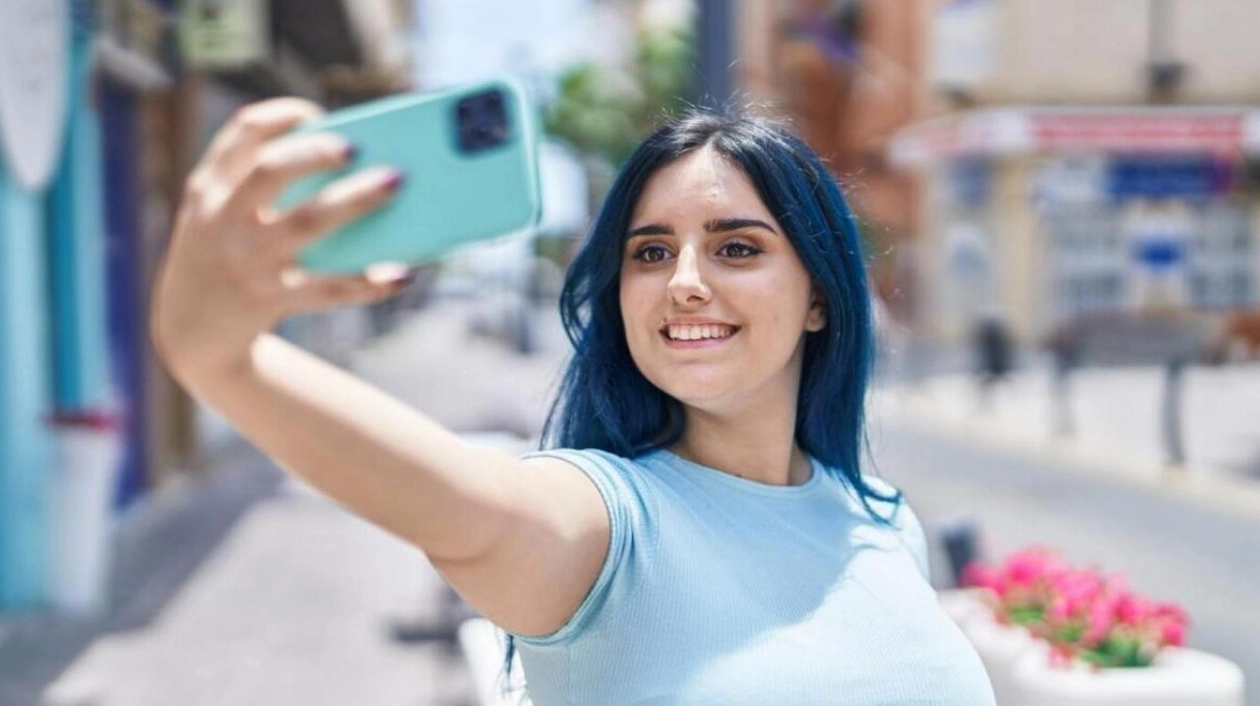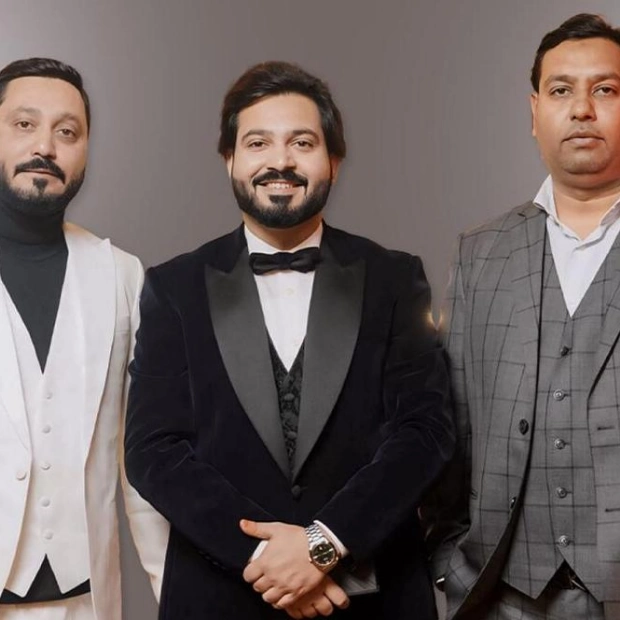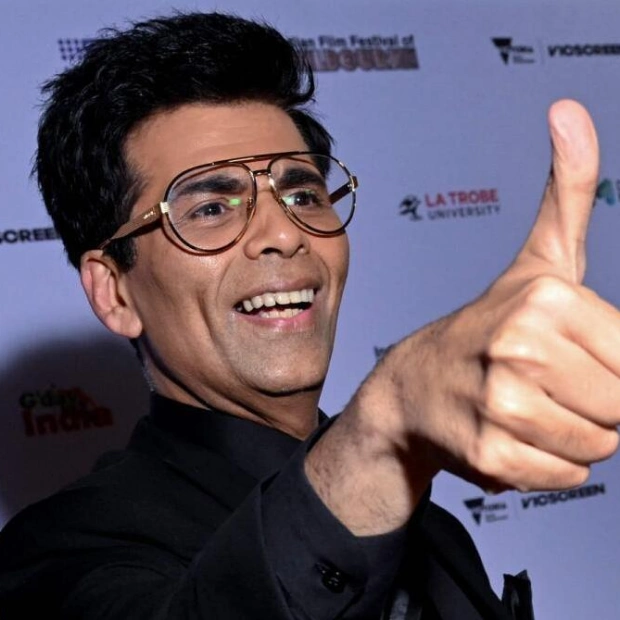Next door, a party is in full swing. You enter a bustling room, the sunlight dazzling your eyes. Suddenly, you find yourself the focal point of everyone's gaze. Your charismatic energy is at its peak. However, in instances where this magnetic presence translates into a string of egotistical actions, what TikTok has popularized as Main Character Syndrome emerges.
This syndrome refers to individuals, particularly avid social media users, who view themselves as the star of their own narrative, with others merely serving as supporting roles. They craft idealized versions of themselves and live vicariously through these personas. Experts suggest that this often stems from a sense of lacking control in their lives. The impact of this syndrome can vary, depending on how one presents themselves and influences those around them.
Psychologist Susan Albers PsyD from the Cleveland Clinic explains that this behavior has become a viral topic due to its prevalence in social media. She notes that it can be toxic in relationships, as those affected often disregard others' needs. Derek A Issacs, managing editor at Phoenix Media & Publications, highlights the trend of Main Character Syndrome, noting that while he engages with many influencers on Instagram, he values those who provide more than just personal glimpses.
Dr Reena George from Amity University, Dubai, discusses how influencers shape trends and consumer behavior. She points out that while some exhibit behaviors akin to Main Character Syndrome, it is not inherent to all influencers. Pamela Hogan, content director at TishTash Communications, compares this syndrome to Beyonce's alter ego, Sasha Fierce, noting that influencers often have online personas that differ from their real lives.
RJ and Instagram star Lokesh Dharmani links this syndrome to the type of content creators produce. He emphasizes the importance of authenticity in content creation, suggesting that relatability can sometimes lead creators to slip into Main Character Syndrome. Ultimately, he argues that there are no one-size-fits-all rules on social media, and both creators and consumers reflect the mediocrity that exists on these platforms.






